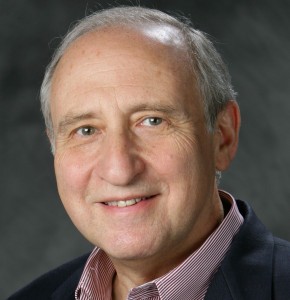Values are malleable, the more we are exposed to “it’s good to care”, the more likely we are to care that way. The more we pander to the selfish – “acting this way is protecting your wallet”, this is distracting to the cause.
Bran Knowles argues that green computing that focusses on saving money through efficiency gains – either of computing systems themselves or behaviour change motivated largely by saving money – is actually doing a disservice to sustainability. She says the focus on individualist rational behaviours appeals to a selfish motivation and we need to flip those frames on their head.
Since we recorded this conversation Bran has graduated with her PhD. Dr Bran Knowles is now a post-doc at Lancaster, focussing in on several projects including working with WWF-UK and Common Cause to produce a white paper that explores higher impact routes that sustainable computing may take in the future. She’ll be presenting a note at CHI this year called Rethinking Plan A for Sustainable HCI.
Talking points:
If we stopped and thought about what matters, we could get by with less.
What we need is a change in mindset
(On gamification in sustainability) It’s the goal of game that matters, if we’re not directed to improving the environment, you’re not really changing anyone’s thought patterns that might ultimately lead to long term change
If it’s about scoring as many points as you can, whether or not you do to trick people into being more environmentally responsible, that’s not going to spill over into additional behavioural change for the cause of the environment
If you think of people as selfish (a rational actor, selfishly motivated), you can only get so far. Think of people as you do your friends, I know my friends care about many things – they are multifaceted, the more you talk with them about the environment, the more they begin to understand – to care – but we are not taking that approach to the strangers we design for.
Values are malleable, the more we are exposed to “it’s good to care”, the more likely we are to care that way. The more we pander to the selfish – acting this way is protecting your wallet, this is distracting to the cause.
If you make feedback technology that visualises how much money you save by switching off the lights for example, that’s just reinforcing the selfish mentality.
If you encourage people that the only reason to change their behaviour is to get some financial reward for doing so, then this damages their potential for opting to doing that for other, more altruistic reasons.
I’m working on design patterns that adopt dramatically different frames.





